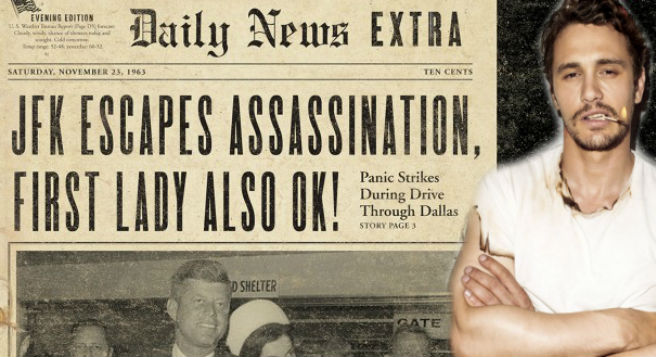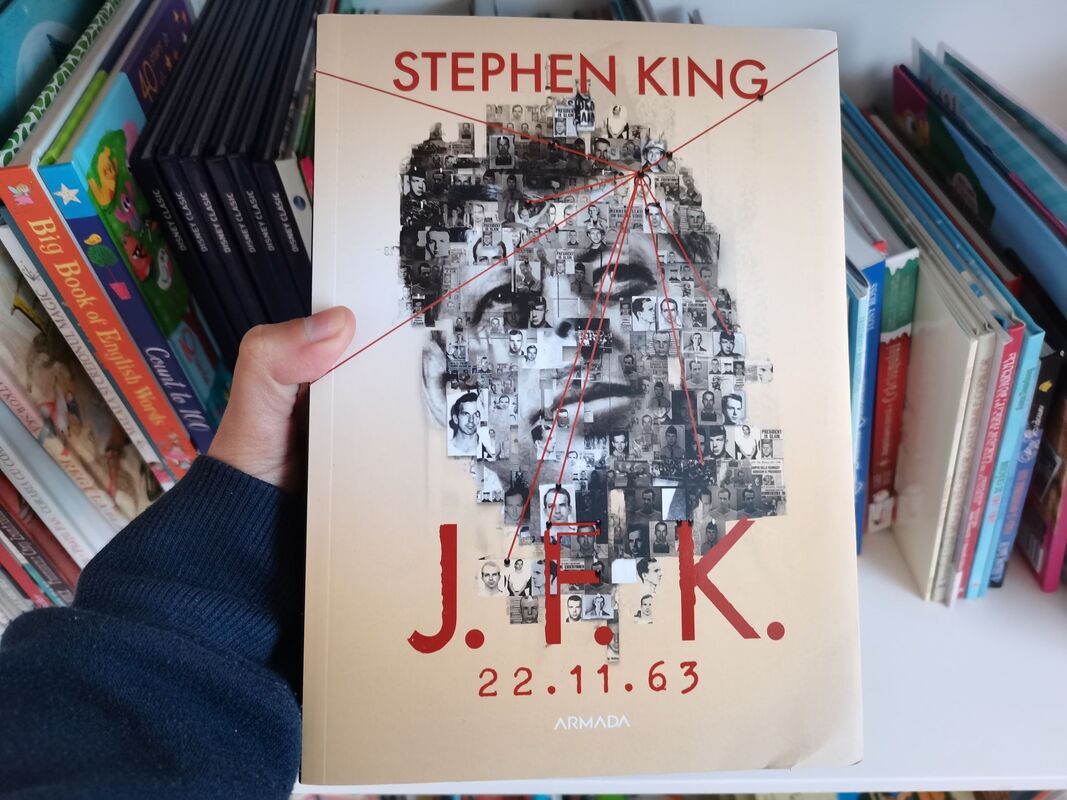


You know how it’s going to end, but instead of spoiling things, that somehow increases your fascination.

I felt a little like a man reading a very grim book.

I thought of accusing him of making pronounal assumptions and kept my mouth shut. On the other hand, after Claus von Stauffenberg failed to kill Hitler in 1944 – close, but no cigar – the war continued and millions more died.”Īl said, “There’s nothing we can do about Archduke Ferdinand or Adolf Hitler. Archduke Franz Ferdinand of Austria gets shot by a mentally unstable pipsqueak named Gavrilo Princip and there’s your kickoff to World War I. “But when it comes to the river of history, the watershed moments most susceptible to change are assassinations – the ones that succeeded and the ones that failed. The idea of buying the presidency for less than the cost of two Mercedes-Benz sedans silenced me. But will Jake grant the old man’s dying wish? Could an ordinary English teacher from Lisbon Falls, Maine, do it even if he wanted to? And how would history change if he did? Here, ahead of the 50th anniversary of the death of the president, the best-selling author introduces a special extract…Īlmost half a century has passed since John Kennedy was murdered in Dallas, but two questions linger: Was Lee Oswald really the trigger-man, and if so, did he act alone? Nothing I’ve written in 11.22.63 will provide answers to those questions, because time-travel is just an interesting make-believe. When a shaken Jake returns, Al tries to persuade him to go back and finish the job that Al himself couldn’t – to stop Lee Harvey Oswald. He has convinced his friend Jake Epping of its existence by sending him through it to 1958. Terminally ill Al Templeton has found a portal to the past in the pantry of his diner. In his novel 11.22.63, Stephen King writes an account of the build-up to the assassination of John F Kennedy, and an attempt to prevent it from happening.


 0 kommentar(er)
0 kommentar(er)
